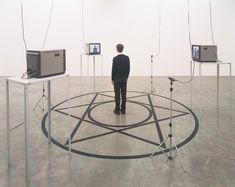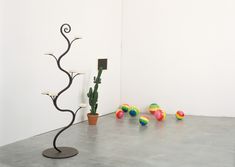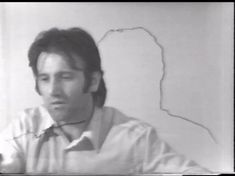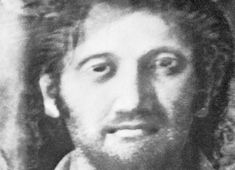Peter Weibel
Peter Weibel was born in Odessa, Ukraine, in 1944. Multitalented, he studied literature, philosophy, film and comparative literature, briefly medicine in 1964, then mathematics and logic in Paris and Vienna without graduation. In 1978 he founded the band "Hotel Morphila Orchestra" with Loys Egg. In 1986 Peter Weibel became artistic advisor to Ars Electronica and from 1992 to 1995 its artistic director. From 1992 to 2011 he was chief curator of the Neue Galerie in Graz. He curated numerous exhibitions internationally, including the Austrian Pavilion for the Venice Biennale from 1993 to 1999, the Seville International Biennale in 2008, and the 4th Moscow Biennale in 2011. He was the author of seminal media theoretical and philosophical texts on contemporary art and editor of many publications.
From 1976 he taught at several international universities, including the College of Art and Design in Halifax, Canada, and the Gesamthochschule Kassel. From 1984 to 1988, he taught as Associate Professor of Video and Digital Arts at the Center for Media Study at the State University of New York at Buffalo, N. Y., where he founded the Digital Arts Laboratory. From 1984 to 2017, he was professor of visual media design at the University (then College) of Applied Arts in Vienna. From 1989 to 1994, he was director at the Städelschule in Frankfurt am Main, where he was entrusted with establishing the "Institute for New Media." From 2009 to 2012 he held a visiting professorship at the University of New South Wales, Sydney, Australia. From 2018 to 2019, he taught at the Kunstakademie Düsseldorf. From 1999 to 2023, Prof. Dr. h.c. mult. Peter Weibel artistic-scientific director of the ZKM | Center for Art and Media Karlsruhe (ZKM) and from 2017 until his passing director of the "Peter Weibel - Research Institute for Digital Cultures" at the University of Applied Arts Vienna. Among a large number of other prizes, honors and awards, he received the Film Prize of the City of Berlin in 1974, the Prix National of the 31st Festival for TV and Film, Cannes in 1984, the Sculpture Prize of the EA-Generali Foundation, Vienna in 1991, the Prize of the City of Vienna for Visual Arts in 1992, the Siemens Media Art Prize in 1997, the Grand Decoration of Honor for Services to the Republic of Austria in 2002, the Käthe Kollwitz Prize in 2004, the Austrian Cross of Honor for Science and Art I. Class in 2010. Klasse, in 2014 the Oskar Kokoschka Prize for his complete artistic oeuvre, and in 2017 the Austrian Art Prize for Media Art and in 2021, most recently, the Trebbia Prize. Peter Weibel died in Karlsruhe in 2023.
It was Weibel who introduced the concept of "expanded cinema" towards the end of the 1960s. Together with artists such as VALIE EXPORT and Ernst Schmidt jr., he set about deconstructing the medium of film and its special characteristic signs and signifiers with the help of actionist elements. Thus he had his film "welcome" (1964-66) projected onto his own chest and back, while in his "expanded movie" "nivea" (1967) both the actual object and its shadowy projection were employed to reveal the true nature of the cinematic device. At this time, Weibel also staged his "Action-Lectures," performative transformations of his theories. In his theoretical writings and in his artistic work alike Weibel pursues an analysis and exposure of both the power mechanisms inherent in language and the ideologies underlying them, especially in information transmitted by the media. Towards the end of the 1960s, he began to increasingly integrate linked and networked communications apparatuses into his "Action-Lectures." He directed his attention to the mass medias of television and video, which, owing to their process-oriented character and alterable spatial-temporal conditions of reception, he saw as having con-siderable critical and educational potential. During this time, Weibel’s "Tele-Actions" were created as were his closed-circuit installations, often in cooperation with European television companies. They include "Observation of the Observation: Indefiniteness" (1973), a complex attempt at coming to terms with the processes involved in finding one's identity, as conveyed through the media, but also with surveillance as enacted via the media. In his more recent multi-media works, interactivity and virtuality, the shapes of images altered by electronic media and their utopian potential in relation to our perception, have also continued to be central. (Claudia Slanar)
read more read less




